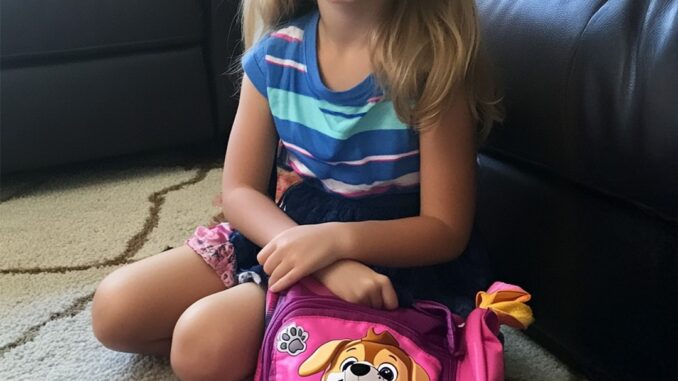
Every holiday, I eagerly anticipate spending quality time with my six-year-old granddaughter, Brittany, indulging in traditions like baking cookies and watching festive movies. However, last holiday season brought a revelation that reshaped my understanding of my relationships with my loved ones.
Before Brittany’s visit, I transformed my home into a winter wonderland and prepared all the ingredients for her favorite chocolate chip cookies, creating the perfect setting for our cherished holiday activities.
When Brittany arrived, bursting with excitement and questions about hot chocolate, I was reminded of the joy she brings into my life. Her parents, my son Todd and his wife Rachel, were as usual—somewhat disengaged but trusting me to take good care of Brittany.
The holiday started wonderfully, with cookie baking and movie watching. However, I was taken aback when Brittany began referring to me as “old lady,” thinking it was a playful nickname. But when “old lady” escalated to “wrinkly hag,” I was both hurt and confused—these weren’t terms a child her age would use without influence.
Concerned, I asked Brittany where she had heard such phrases. Her innocent reply shook me: she had heard them from her parents—my own son and daughter-in-law—during phone calls about me. This revelation hurt deeply, considering the countless ways I had supported their family, from financial help to regular childcare.
Determined to address this disrespect, I gently corrected Brittany, explaining that such names were not appropriate or kind. Thankfully, she understood and refrained from using them again. We continued to enjoy our holiday traditions, trying to recapture the joy amidst my newfound awareness of Todd and Rachel’s feelings toward me.
After the holiday, I decided to confirm my suspicions. I discreetly placed a voice recorder in Brittany’s backpack before she returned home, hoping to capture the truth of how Todd and Rachel spoke of me in their private moments. When I reviewed the recordings, my heart sank as I heard Rachel’s complaints about my involvement in their lives and Todd’s agreement.
Faced with undeniable evidence of their ingratitude and disrespect, I invited Todd and Rachel over for a discussion. After dinner, with Brittany asleep, I played the recording. The confrontation was difficult but necessary. I expressed my pain and disappointment, setting new boundaries: I would no longer tolerate being disrespected or taken for granted, and my financial and childcare support would be curtailed.
Though it pained me to enforce these boundaries, especially knowing how it could affect my relationship with Brittany, I needed to stand up for myself. Todd and Rachel left quietly, taking with them a clear understanding of my feelings.
As I sat alone afterward, the silence heavy with the absence of Brittany’s laughter, I contemplated the complexity of love and boundaries. I realized that while my door would always be open to Brittany, I needed to protect my own well-being and dignity. Sometimes, the hardest decisions are necessary to preserve one’s self-respect and ensure that love is not accompanied by undue pain.
Leave a Reply